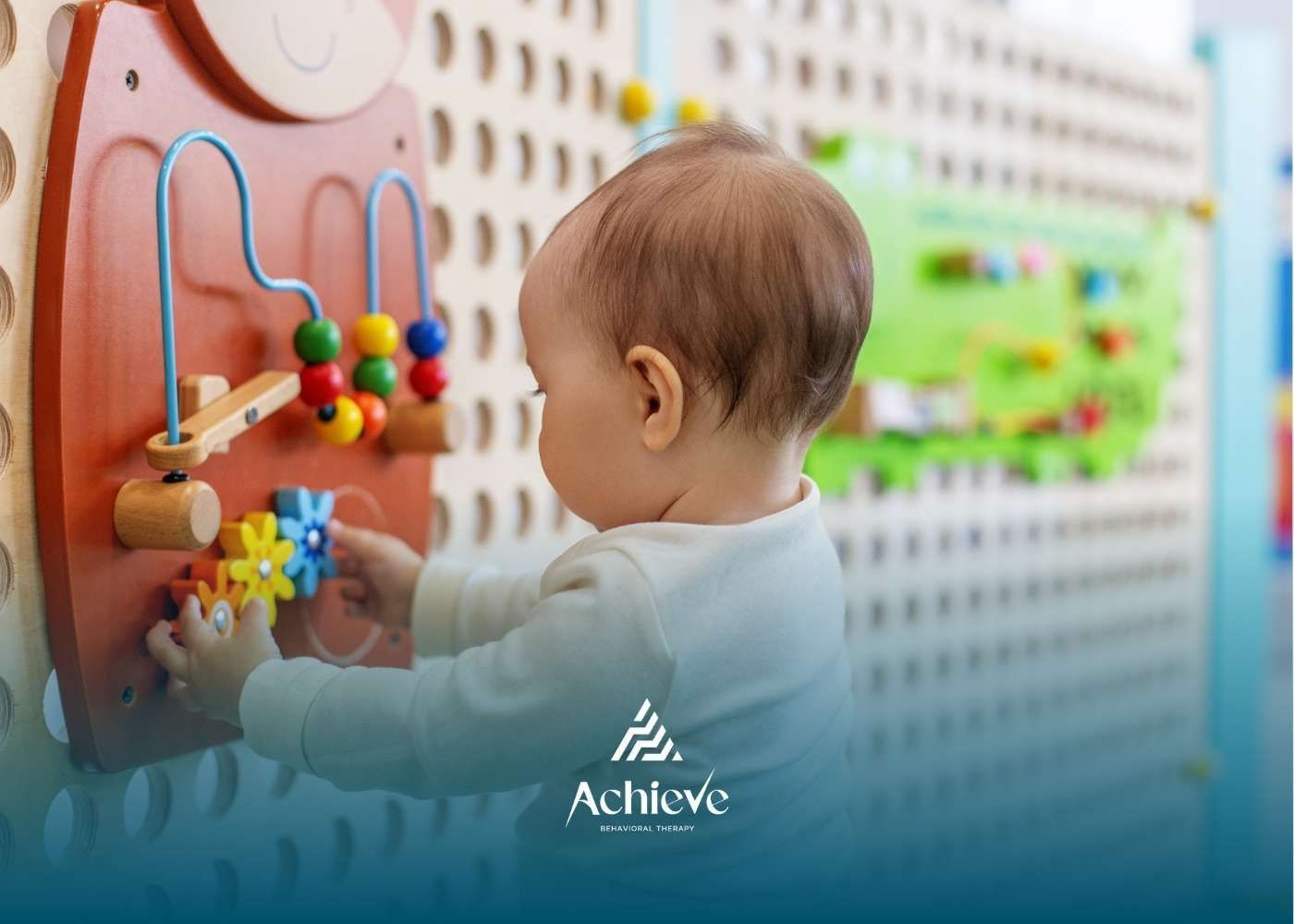How to Avoid Burnout While Raising a Neurodivergent Child

Parenting a neurodivergent child comes with incredible love, proud moments, and growth — but it can also bring long days, constant advocacy, and emotional weight. Many parents experience autism parent burnout, caregiver fatigue, and stress from juggling therapy schedules, meltdowns, school meetings, and routines.
Taking care of yourself isn’t a luxury — it’s part of helping your child thrive. Here are simple, realistic ways to prevent caregiver burnout and stay grounded on this journey.
Practical Ways to Protect Your Energy
Give Yourself Permission to Rest
Rest fuels patience and compassion. Even mini-breaks matter — a quiet coffee, a short walk, deep breaths, or music in the car after drop-off. If you're tired, it doesn’t mean you’re failing — it means you’re human.
Create Predictable Routines
Routines help both you and your child feel calmer and safer. Use visual schedules, timers, or simple morning and bedtime routines to reduce stress, decision fatigue, and sensory overload.
Build Your Support Network
Connection eases caregiver stress. Seek support through:
- Parent groups & neurodivergent family communities
- Online autism parenting forums
- Family & friends
- Therapy teams
Having someone who truly understands autism parenting challenges makes a huge difference.
Celebrate Small Progress
Progress in autism therapy and daily life can be subtle — a new word, a calm transition, a shared smile. These wins matter. Notice them and take pride in every step.
Healthy Boundaries Are Essential
Say no when needed. Prioritize what matters for your child and your mental health. You don’t need to explain or apologize for protecting your energy.
Ask for Support — It’s Strength, Not Weakness
You don’t have to do everything alone. Professional services can help with behavior support, communication growth, sensory needs, emotional regulation, and routines at home.
When Extra Help Makes Life Easier
Feeling overwhelmed doesn’t mean you’re not capable — it means you deserve support. ABA therapy programs can help manage challenging behaviors, improve communication skills, and make everyday routines easier, reducing stress on families.
Achieve ABA offers family-centered autism therapy services including:
- In-home ABA therapy for daily routine support
- School-based ABA to help your child thrive in learning environments
- Telehealth ABA for flexible support right from home
- Early intervention for autism to build strong developmental skills early
Achieve ABA proudly supports families in:
Need supportive, family-focused autism services? Reach out to Achieve ABA today — let’s build a balanced, joyful journey together.
FAQs
Is burnout common for parents of autistic and neurodivergent children?
Yes — many families experience autism caregiver burnout. It’s normal, and support exists to help you recharge and cope.
How do I know if I’m burned out?
Signs include emotional exhaustion, irritability, feeling overwhelmed, sleep changes, or losing joy in daily activities. Listening to these signals is self-care.
Can ABA therapy help reduce parenting stress?
Absolutely. ABA can help with communication, emotional regulation, behavior support, routines, and independence — which often eases caregiver stress at home.
Sources:
https://pmc.ncbi.nlm.nih.gov/articles/PMC5593098/
https://link.springer.com/article/10.1007/s10803-025-07034-0
https://www.sciencedirect.com/science/article/pii/S0883941725000354
https://www.helpguide.org/mental-health/autism/helping-your-child-with-autism-thrive
https://www.webmd.com/brain/autism/parenting-child-with-autism
Need Support?
We're Here to Help!
Our experienced team is ready to assist you. Reach out today to discuss how we can support your child's development and well-being.
Get started with expert ABA therapy today.












